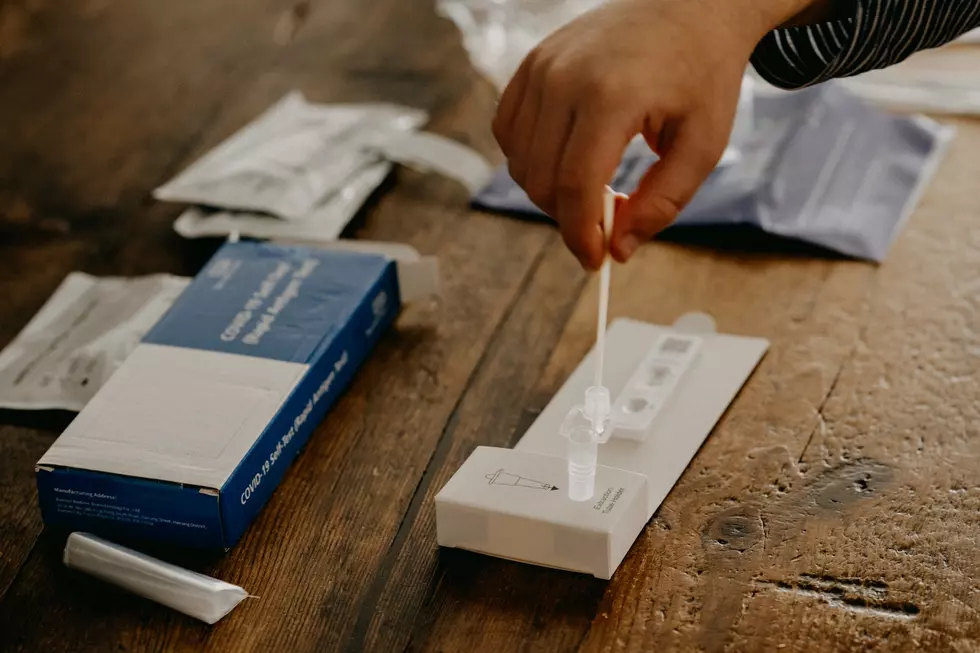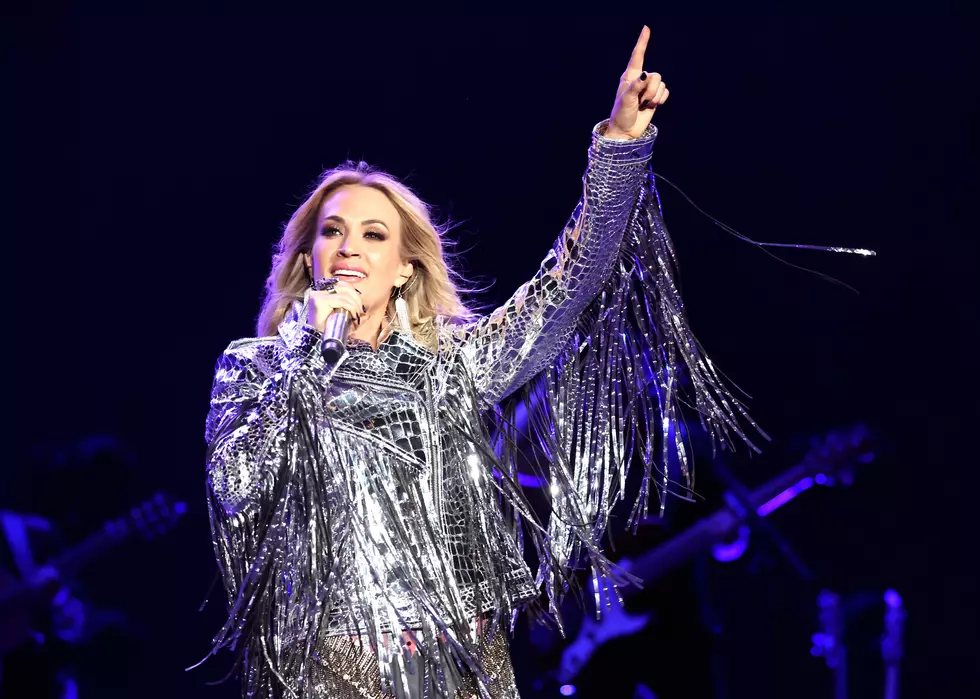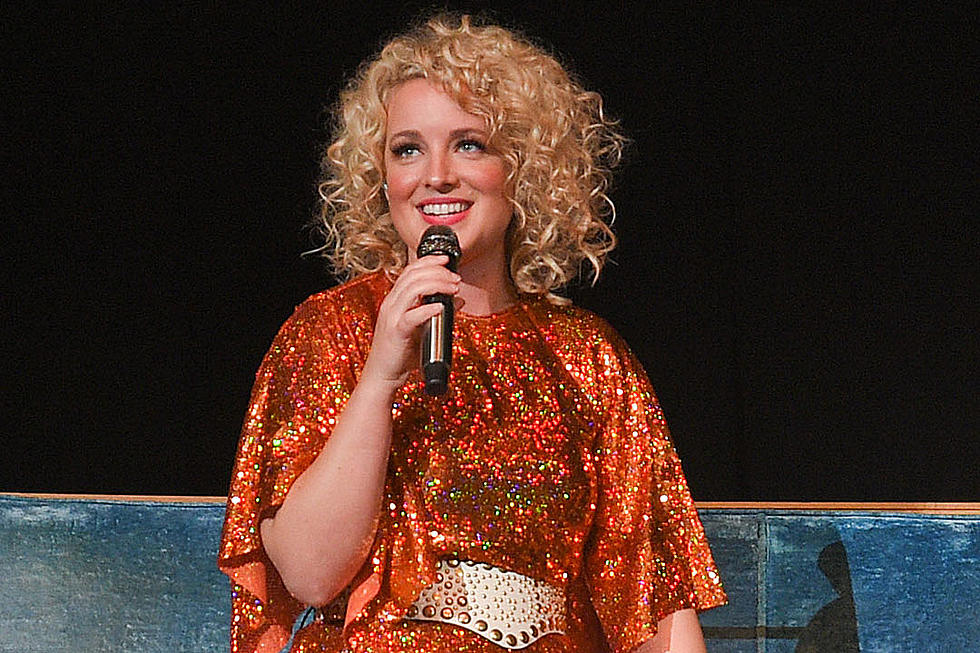
COVID-19 Racial, Ethnic Disparities to be Addressed in Maine
The Mills' Administration has dedicated $1 million to address the racial and ethnic disparities in COVID-19 in the state.
Those funds will be used to expand education, prevention, and eligibility for services currently supported by the Coronavirus Relief Fund. It will support temporary wrap-around services like food, as well as referrals to existing child care, health care, and income support programs for individuals referred to DHHS by communities at elevated risk of COVID-19. DHHS will issue an application for the '2020 COVID Health Equity Improvement Initiative' next week, after increased consultation with community-based organizations on its design.
The commitment of funds more than doubles the nearly $1 million already dedicated from the Coronavirus Relief Fund for social services and supports for people with COVID-19. This includes contracts with the state's ten Community Action Program (CAP) agencies ($595,000), Wabanaki Public Health ($40,000), and Catholic Charities ($320,000). The money will help offer support services for people who don't currently qualify for or offer extra needed support for those already getting DHHS services. Organizations would also be supported for their work in connecting eligible residents to existing programs like MaineCare or General Assistance.
Governor Mills says the racial and ethnic disparities related to COVID-19 in Maine are profound, with the rate of cases among minority populations indicating a higher, crisis-level inequality in those communities. She says an example is Black and African American Mainers, who represent about 1.4 percent of the total population in Maine, but over 22 percent of the COVID-19 cases, where race in known. Hispanic or Latinx Mainers represent about 1.7 percent of the population in Maine, but 3.9 percent of cases where the ethnicity is known.
More From WQCB Brewer Maine









